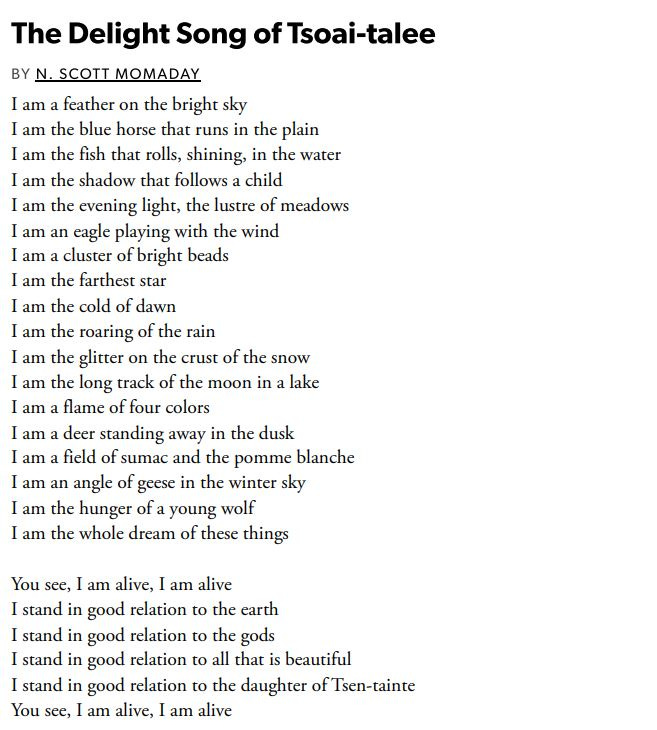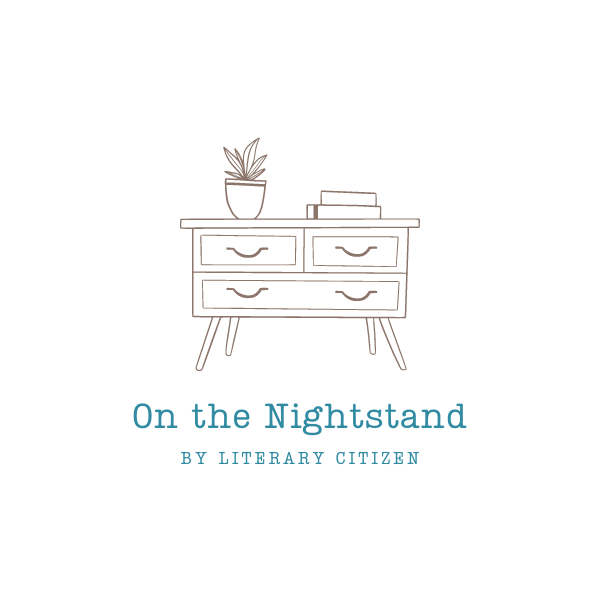
IN APRIL 1999, we were in those heady final weeks of high school. One afternoon some of us skipped class to hang out in Nathan Lowe’s basement. Probably we’d turned on the television out of boredom, or as a prequel to watching the Wizard of Oz synced to Dark Side of the Moon, a thing Nathan had heard was cool.
Instead we watched, transfixed, as the networks broke into regular programming with aerial footage of kids our age streaming from Columbine High School in Littleton, Colorado, hands on their heads. There were ambulances, bodies covered in white sheets, people being pulled from classroom windows. We learned kids and teachers were trapped inside, some hurt, some dying. There were bombs and maybe there were more shooters; no one knew. It was clear something grave and terribly consequential was happening. We were incredulous, scared, somber.
That April we were just-barely or not-quite 18. Everything was still new. And that’s the thing that surprises me now, 20-plus years and countless mass shootings later: how sure I was of Columbine’s singularity. I thought what we were seeing had never happened before and would never happen again.
***
In poetry, anaphora is the repetition of a phrase. It’s a simple concept with a big sonic effect, and when I started teaching college-level poetry – me, a person who has never written a poem – I realized it felt so familiar because it’s often used in political rhetoric. Some of the most famous speeches are arguably famous because of how they deploy anaphora. The Rev. Dr. Martin Luther King repeated “I have a dream” eight times in quick succession at the crescendo of his iconic speech. “Yes, we can,” candidate and President Obama said over and over again.
The poet Major Jackson’s collection Roll Deep contains a poem, “OK Cupid,” that I liked to teach my students. It begins like this:
Dating a Catholic is like dating a tribe and dating a tribe is like dating a nation and dating a nation is like dating a football star and dating a football star is like dating a new car and dating a new car is like dating an air freshener and dating an air freshener is like dating a fake tree and dating a fake tree is like dating silver tinsel and dating silver tinsel is like dating a holiday and dating a holiday is like dating a black man
Simile after simile, the poem’s associations entertain us. (Two of my favorites: and dating a Republican is like dating winter. and dating a lost star is like dating a liberal.) But the repetition also grows monotonous, and that’s the point. This anaphora is simultaneously a send-up of dating apps and a larger commentary on a culture where people are always looking for the next best thing. Where you can swipe and swipe and never stop, where bad things can happen over and again without being solved or even seriously discussed.
***
There was worry, in Columbine’s aftermath, about copycats. At my high school, the trio of senior boys who wore all-day trench coats were called to the principal’s office and asked to remove them; apparently the Columbine shooters had worn trench coats, too. The boys returned to class looking naked in flannel shirts and henleys and baggy jeans.
Mass shootings occurred before Columbine. But the trajectory since has been dramatic. According to a grim Washington Post database, there have been 346 school shootings since April 1999. At least 190 children and adults are dead as a result, and more than 400 injured. All told, upwards of 323,000 children have experienced gun violence in school. And this is only at K-12 campuses. It doesn’t include the other kinds of mass shootings. The big box stores and grocery stores, the office parks and Army bases and colleges, the movie theaters and music festivals and synagogues and churches and nightclubs.
“No Way to Prevent This, Says Only Nation Where This Regularly Happens” reads The Onion headline that circulates online after every one of these events.
***
In my poetry class I also taught the volta, the Italian word for turn. A volta is a marked shift in a poem’s thought or emotion. I sometimes think of it as the moment at which a breath is taken, a decision made, or the speaker says the real thing they’ve come to say. “OK Cupid” doesn’t have a volta. Consider the last five lines:
and dating Paris Hilton is like dating a tabloid and dating a tabloid is like dating a Communist and dating a Communist is like dating cut flowers and dating cut flowers is like dating infidelity and dating infidelity is like dating a pool
There’s no change here. We’re exactly where we started. There’s no end period to give us closure. The feeling we get is that what’s happening in the poem is still happening and could happen forever.
In 2018, after the Parkland High School shooting, I wandered through the March for Our Lives rally in D.C. hopeful that this was, finally, our turning point. The event had been pulled together quickly. This generation of young people, who had grown up with active shooter drills, who hadn’t been born when Columbine happened, was mad as hell. The crowd radiated a fierce resolve.
I saw a woman my age, late thirties, alone. She was stoic in sunglasses. The sign she carried read THIS COLUMBINE SURVIVOR HAS HAD ENOUGH. I held up my phone, she nodded, stood for a photo. I watched that day, I wanted to tell her. I bore witness. But there was no need; she knew.
I scanned the crowd. I saw two other signs bobbing up, white and neon. SANDY HOOK SURVIVOR. I AM A SANDY HOOK SURVIVOR. My optimism faded a bit. Sandy Hook predated Parkland by six years. Twenty first-graders died. Nothing had changed.
Today we know Parkland wasn’t our volta. And neither was Uvalde or the bus at UVA or Club Q or the Walmart break room. We are a country trapped in anaphora. Stuck on repeat.
I will leave you with this poem from writer N. Scott Momaday. Look for the turning point, the break, the summation. I hope we find it.
Welcome to our new feature, where leaders in government, politics, business, and media share what novels they’re reading. From State Department Spokesman Ned Price:
“As someone whose fiction intake rarely goes beyond Kremlin news releases, cracking open - let alone finishing - a novel can take some goading. That’s exactly what I received from my boyfriend when it came to Jennifer Egan’s A Visit from the Goon Squad. It was published over 10 years ago and yet absolutely nails the way society interacts with technology in 2022. And the way the plot unfolds through a series of short stories is perfect for anyone who might find himself occasionally distracted by those less-enriching other forms of fiction.”




